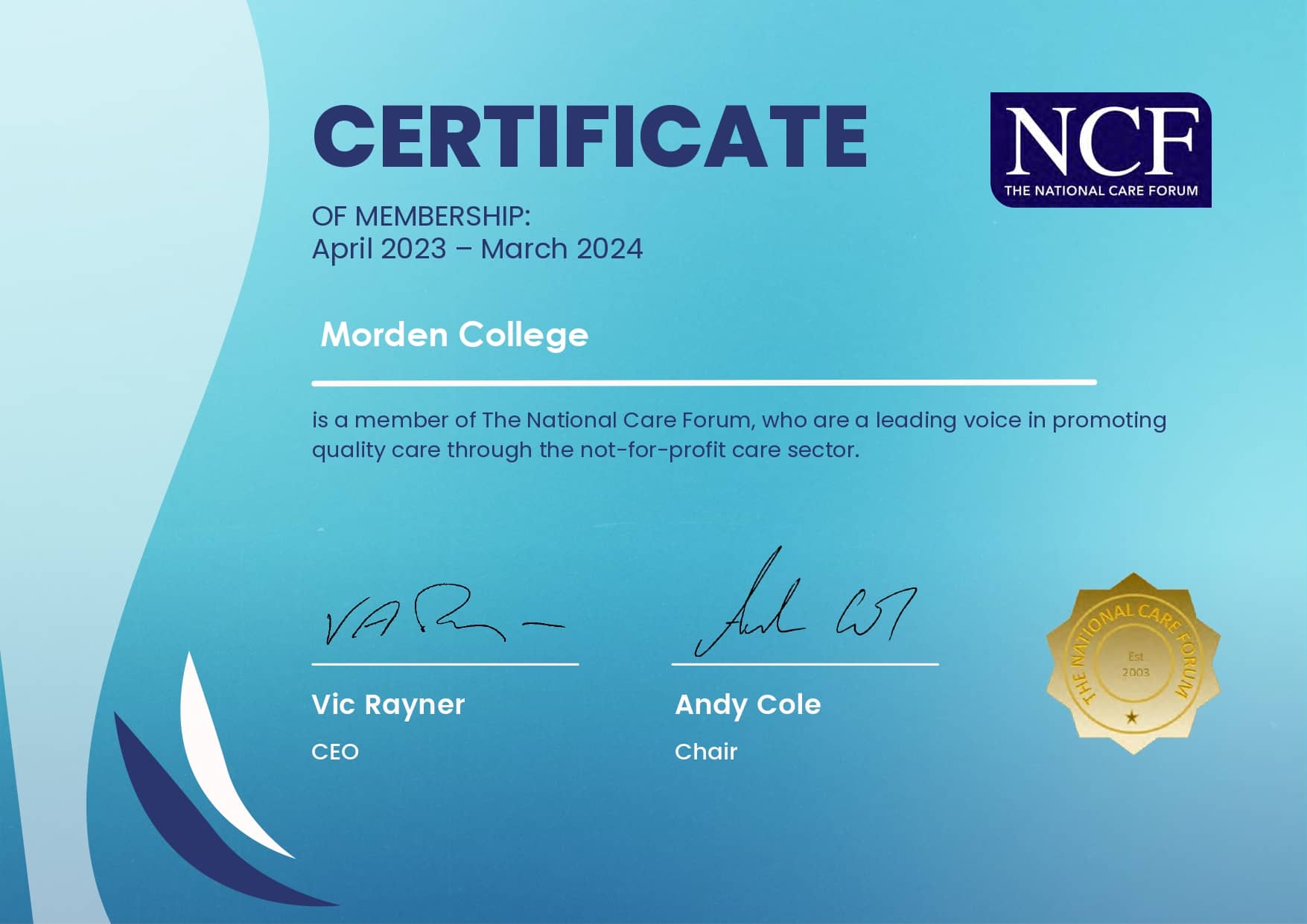We knock gently on the door and are greeted by a dapper gent, well-dressed, suited with waistcoat and coiffered hair. David Igo welcomes us in to his spick and span flat, a man of order, precision and pride, as befits someone who spent the lion’s share of his life in the butchery trade. Barely have we removed our shoes than he is regaling us with a recipe for his favourite joint – the perfect brisket. “I’ll head over to Smithfields early,” he says, “to get the best choice. I’ll cook some chopped up marrowbone for three days, then let that cool and pop it in the fridge. There’ll be an inch of fat on the top – I use that to cook chips, then with the pure colagen from the bone, I’ll slow cook the brisket with chopped onions and carrots for six hours and finish it by roasting in the oven. Delicious,” he says with a cheeky smile.
Born on Christmas Day in 1944, David left school at 14 and became a butcher’s boy, delivering meat to customers around his native Derby. “I’d often run extra errands for them too, fetching them beer or cigarettes, so I had to cycle fast to not get into trouble with the boss. I’d already decided before then that I wanted to be a butcher. I vividly remember when I was 12 or 13 going to the local market town, to the slaughter house, and we’d kill a beast,” he says with a faraway glint in his eye.
David joined the Co-Op at age 15 as a trainee butcher, passed his driving test at age 17 and would then operated the travelling butcher van, an old Comma, around the area. “Then, when I was 20, I saw a butcher’s shop for rent. It was £5 4 shillings a week, including living accommodation. I took it, and never looked back.”
David still has his favourite butcher’s knife and sharpening steel, along with a raft of other mementoes relating to his trade – photographs, a paper bag from is shop, a scale weight – neatly on show in a display cabinet. An avid, but hugely selective, collector of ‘themed things’, David proudly shows us his collection of unopened cigarette packets in a matching illuminated display case, including some rarities such as Albany, Capstan, Park Drive and Guards (“all from pre-health warning days,” he says, “before the design of the packs was ruined”), which share display space with the ‘black and white’ theme containing a matching pair of old twist-dial telephones, dice, dominoes, chess pieces, Scottie dogs and a Hollywood clapper board.
“Before I moved here I was living in Bristol,” David recalls, “but I was looking to move to find a good landlord – I’d struggled for years in downbeat places. I’d often come to London and walked miles and miles looking for somewhere to live. I tried house sitting for people, looking after dogs, cats, fish, even tortoises. In the end I took 23 trips up the M4 on the National Express coach. My first trip I arrived in Holland Park, late, and had to stay in a boarding house, in a room with 20 people, and I was at the top of a three-bed bunk. I was 70! Sometimes I’d get a guestroom for £5, but because I wasn’t from London I wasn’t eligible for social housing. Eventually I came across Morden College, applied, had an interview and I was accepted. The relief was amazing. On the day I moved here, I came past the military horses in Hyde Park and I just burst into tears. I’d spent three years looking for somewhere to live, the stress had been immense and finally I have found the perfect place. I love it here. There is so much to do – I have friends all over, I’m part of the theatre club, and I’ve been in the annual review for the last three years. The top man here is a real gent, even writes with a fountain pen!”


